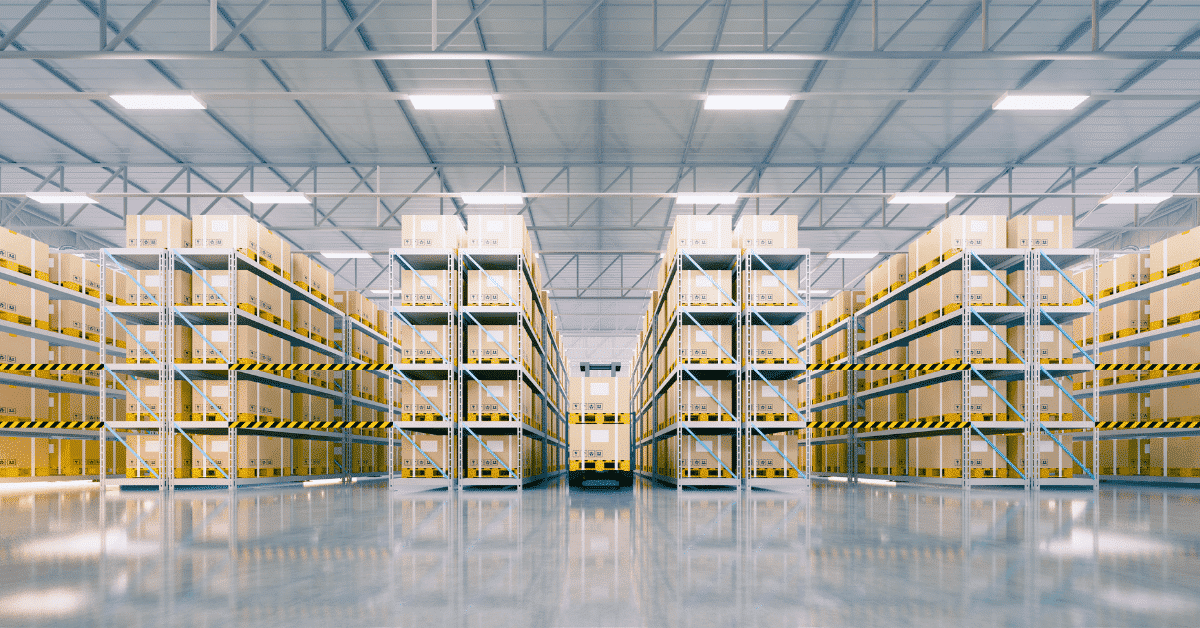Warehouses are where commerce comes alive. Just like a conductor leading an orchestra, warehouses are the epicenters of the supply chain, coordinating materials, products, and information with the aim of efficiently connecting producers to consumers. Without their essential role in storing, sorting, and moving goods along their journey from point A to point B, today’s global economy wouldn’t function as it does. So what is it that makes these meccas of merchandise so crucial? You can learn more about warehouse management here. But for now, Let us dive into why warehouses play such an important role in the highly-integrated world of supply chains.
The Role Of Warehouses In The Supply Chain
As the world of commerce and trade continues to expand so does the role of warehouses in the supply chain. A warehouse serves as a crucial buffer zone between the various stages of the supply chain, ensuring that goods are readily available whenever they are needed. This enables businesses to store and transport their products efficiently while minimizing the risk of shortages or delays.
One of the primary functions of a warehouse is to facilitate the distribution of goods by acting as a central hub between manufacturers and retailers. Here, products are stored, sorted, and shipped to their intended destinations. This simplified distribution process reduces transportation costs and helps businesses optimize their inventory levels. Moreover, warehouses can be used to consolidate multiple shipments into a single, large shipment, which further reduces transportation costs.
Beyond storage and distribution, warehouses can also play a critical role in maintaining quality control. Temperature-controlled facilities, for example, can be used to store perishable goods, thereby ensuring that they remain fresh and safe for consumption. Similarly, warehouses can help reduce the risk of damage during transit by providing secure storage and careful handling.
The increased use of technology in warehouses has further transformed their role in the supply chain. Automated warehouses use robotics and automated conveyors to streamline the picking and packing of goods, thereby increasing the speed and accuracy of order fulfillment. In addition, real-time inventory tracking and data analytics allow businesses to optimize their operations and reduce waste.
What To Look For When Choosing A Warehouse
Choosing the right warehouse to store your goods is a critical decision for any business. It is not just about finding a space with enough room to fit your products but also one that will ensure the safety and security of your inventory. So, what are the crucial factors to consider when selecting a warehouse?
The first and perhaps most important consideration is the location. Ensure that the warehouse is easily accessible, either by road, rail, or water, depending on your transportation needs. If your business involves shipping, it is essential that your warehouse be close to the port or airport. This will help reduce transportation costs and improve efficiency. Additionally, consider choosing a warehouse that is in a secure location, away from high-crime areas.
The next thing to think about is the facility’s size. You will need a warehouse that can accommodate the size of your products and equipment. Check the ceiling height, floor space, and overall layout of the warehouse to ensure that it meets your specific needs. It is also vital to ensure that there is ample space for your employees to move around safely and that goods are stored in an organized and manageable manner.
Another critical factor to look at is the security of the facility. Warehouses should have a reliable security system, including surveillance cameras, alarms or guards, to prevent theft or damage to goods. The warehouse should also be well-maintained, with fire suppression systems installed, and undergo regular safety inspections.
Finally, consider the cost of renting or leasing the warehouse. While a low price is always attractive, it is essential to weigh the cost against the value of the facility. Cheaper warehouses may come with hidden costs, such as poor security, inadequate space, or sub-standard maintenance. It is, therefore, important to find a warehouse that gives you good value for your money.
The role of warehouses in the supply chain is essential, as they provide the physical infrastructure needed to enable the smooth and efficient transfer of goods. Warehouses must be designed with flexibility in mind, as they may need to adjust their services depending on market changes. Even with all of these complexities, it is possible to create an effective supply chain network with warehouses at its center. Warehouses are integral components in helping to optimize efficiency and reduce risk within a global supply base. Absolutely vital for inventory management and distribution networks, warehouses will remain important heavily relied upon tools within any successful supply chain strategy well into the future.













